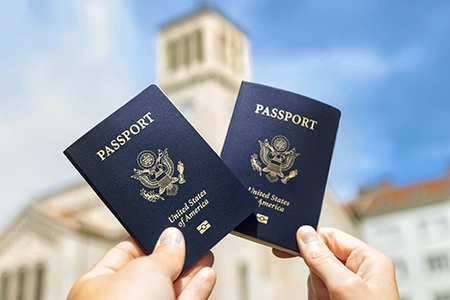The journey of English to Turkish translation is fascinating and complex in the realm of language services. This process is not just about converting words from one language to another; it delves into the art of bridging cultural divides and understanding nuances often deeply embedded in linguistic expressions. The role of a Turkish translator in this context is not just that of a linguist. Still, also that of a cultural ambassador, navigating through a myriad of ethical considerations to ensure that the translation is accurate and culturally resonant.
As we explore the intricacies of English-Turkish translation, it’s vital to acknowledge the ethical responsibilities of this profession. These responsibilities are not merely technical; they encompass a broader spectrum that includes cultural sensitivity, confidentiality, respect for intellectual property, and the judicious use of technology. This blog post aims to shed light on these ethical considerations, offering insights into the challenges and responsibilities faced by professionals in English-to-Turkish translation. Through this exploration, we hope to provide a deeper understanding of the ethical landscape that underpins this fascinating field of translation.
English-Turkish Translation Ethics: Accuracy and Cultural Sensitivity
In English to Turkish translation, accuracy and cultural sensitivity are the twin pillars upon which translation integrity rests. A Turkish translator is tasked with more than just a literal transference of words; they are entrusted with conveying the essence and subtlety of the original message in a culturally coherent and respectful way.
Accuracy: The Bedrock of Translation
- Translation accuracy is paramount, especially regarding technical or specialised content. It’s not just about finding the right words; it’s about ensuring that the translated content precisely reflects the source material’s intent, tone, and context.
- In English-Turkish translation, even small errors can lead to significant misunderstandings. This is particularly crucial in legal, medical, or technical documents, where precision is non-negotiable.
- The role of the translator here is akin to that of a craftsman, carefully sculpting the language to fit the contours of both English and Turkish, ensuring that the final product is a faithful representation of the original.
Cultural Sensitivity: Understanding Beyond Words
- Cultural sensitivity in translation goes beyond mere word-for-word translation. It involves understanding cultural nuances, idioms, humour, and the socio-political context that shapes language use in Turkish society.
- An adept English-to-Turkish translator recognises the importance of this cultural context and strives to adapt the source material in a culturally relevant and respectful way. This could mean altering phrases, idioms, or references to ensure they resonate with the Turkish audience.
- For instance, translating English idioms or colloquialisms into Turkish requires a linguistic translation and a cultural adaptation. The translator must find equivalent expressions in Turkish that carry the same weight and meaning as in English.
In summary, the process of English-Turkish translation is a delicate balancing act. The translator must maintain the accuracy of the source material while ensuring that the translation resonates with the cultural and linguistic nuances of the Turkish audience. This requires a deep understanding of both languages and a keen awareness of the cultural differences and similarities that bind them.



